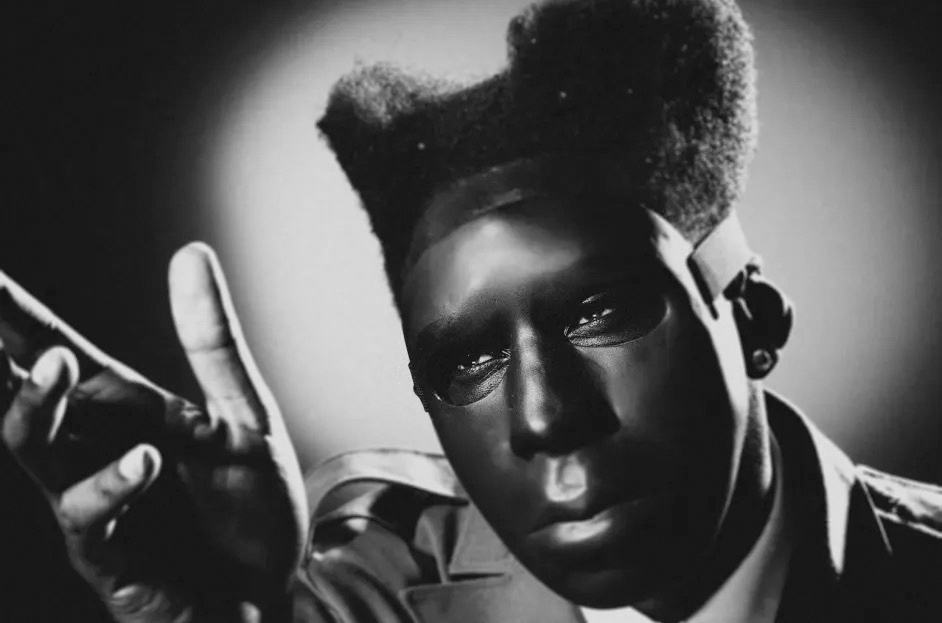After years of musical silence, Tyler, The Creator, returned to deliver one of his more divisive albums, “CHROMAKOPIA.” With little to no announcement or build-up, Tyler released the full album while we were still all digesting the singles. I thoroughly enjoy when artists release on their own schedules as it always takes the world by storm. I am no stranger to Tyler’s music, and I have found him to be very hit-or-miss for me in the past. Some projects like the renowned “Igor” and “Flower Boy” have brought a few of the best hip-hop songs I have ever heard. Others like “Wolf” “or Call Me if You Get Lost” did not appeal to me in the slightest. Needless to say, I had no idea if I was going to enjoy this album or not.
The appeal to Tyler’s music is generally in knowing that at the cost of everything, it will be original and experimental to the max. On one hand, this is great as it always gives me a reason to keep returning to his music. On another, it means that it is not guaranteed that you will like something new he makes even if you enjoyed his previous works. This is the root of the dilemma I have with this album. “CHROMAKOPIA” is a hectic, sporadic mess of emotional highs and lows with very little logical flow. This is intentional and feeds into the feelings of paranoia, and self-realization that fill every crevice of this project. There are also some light horror themes personified here, with many songs featuring these warbling horror trills reminiscent of 80s and 90s slasher films. In “Igor,” it almost seemed like Tyler was the monster, but “CHROMAKOPIA” is Tyler living in fear of one. These sounds of paranoia and fear are maybe most visible in the early tracks of “Rah Tah Tah” and “Noid.” Towards the end of the album with the final track, “I Hope You Find Your Way Home,” it feels like Tyler has found some hope and peace once more.
My favorite songs are those that display some of his best writing to date with tracks like “Hey Jane,” “Take Your Mask Off” and my personal favorite, “St. Chroma.” Each of these feature lyrical genius. For example, in “Hey Jane,” we hear the perspective shift mid-song to the girl Tyler was talking to in the first half. Many songs are also filled with the usual strange ad-libs and unique productions that Tyler is known for. Through the album, we get several audio clips of Tyler’s mom to give advice which usually pertains to the song you are about to hear. Specific tracks like “Noid” stand out wonderfully with mixes of choir, guitar, synth and a mean drum line that are interchangeable and collaborative. Creativity like this keeps bringing me back to re-listen to songs again, which is very much to Tyler’s credit.
On my first listen-through, I did not get what I was hoping for, but since then, the album has greatly grown on me. I cannot guarantee that this is something even a fan of his previous works will enjoy, but I can confidently say that there is a lot of value in it regardless. This is certainly not his best or worst work, but “CHROMAKOPIA” has become special to me in its own right.

Each song has a different feel in “CHROMOKOPIA.”